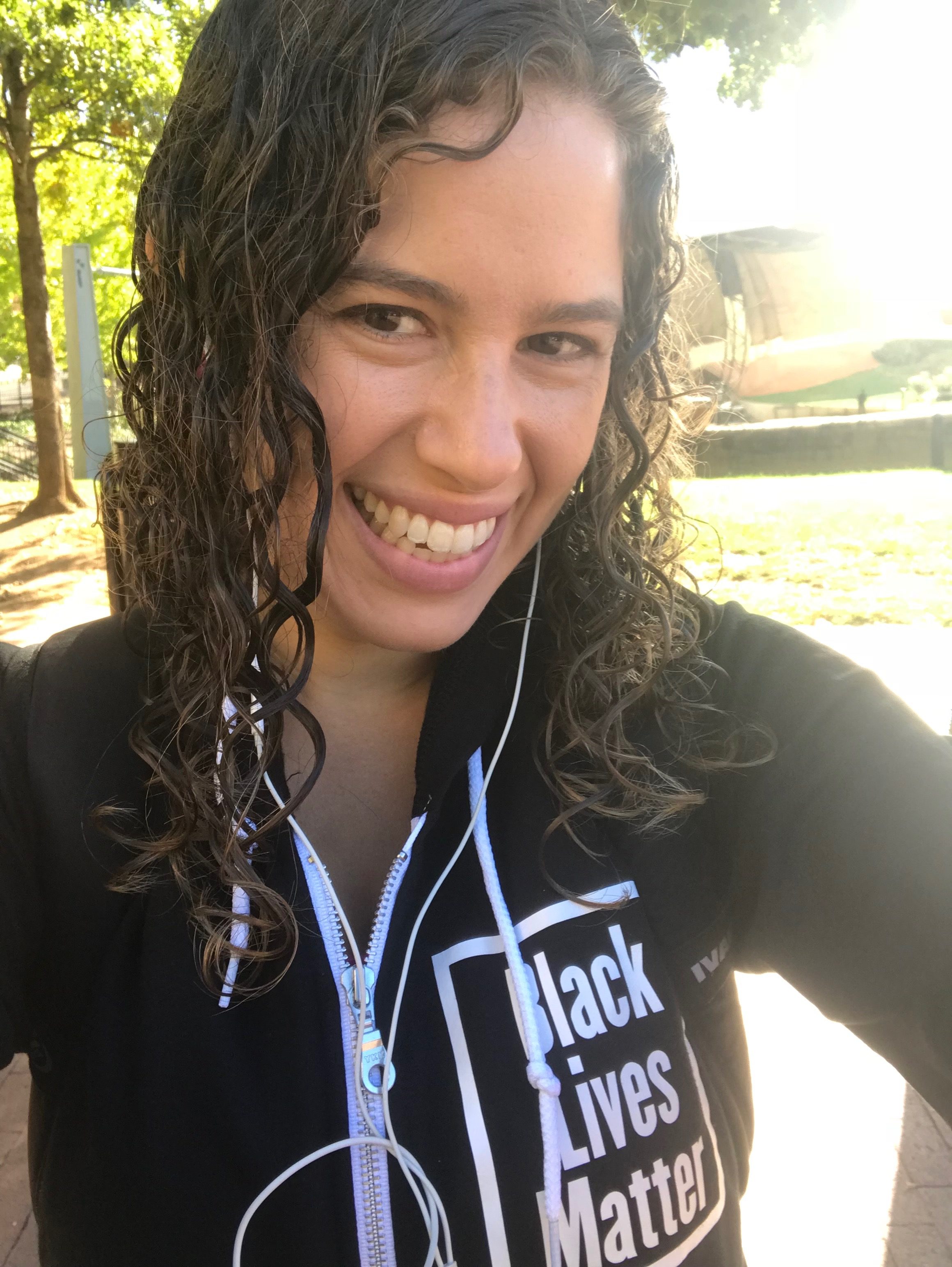This piece was originally posted on September 6, 2016 on the YN Blog of Youth-Nex, the University of Virginia Center to Promote Effective Youth Development.
The Movement for Black Lives is a coalition of more than 50 organizations fighting for Black liberation and for the end of state-sanctioned violence against Black people and communities.
The platform is divided into six sets of demands.
To examine how these demands relate to our work as scholars of youth development, we needn’t look any further than the first demand of the first set:
- An immediate end to the criminalization and dehumanization of Black youth across all areas of society including, but not limited to; our nation’s justice and education systems, social service agencies, and media and pop culture. This includes an end to zero-tolerance school policies and arrests of students, the removal of police from schools, and the reallocation of funds from police and punitive school discipline practices to restorative services.
This is not hypothetical. This is not up for empirical debate. This is happening, across all areas of society, as in, all the areas of youth lives that we study. And this is urgent.
“The urgency around Black Lives is not only relevant to scholars who list “race” among their research interests. It is relevant to ALL of us whose work touches our nation’s justice and education systems, social service agencies, and media and pop culture.”
And we’re not just talking about research, either. This past spring, Elise Harris, Lisette DeSouza, and I organized a one-day #BlackLivesMatter pre-conference for the Society for Research on Adolescence in Baltimore. (Huge thanks to the many Youth-Nex faculty and alumni who contributed. And work with us to get ready for Minneapolis next spring!) The central focus of the day was a panel of Black community activists, and one of the core messages we heard was, “Let us ask you for what we need.” In other words, don’t charge into the Movement with your own research agenda. Participate as a person first.
Our primary professional identities as academics are built around what research we have done, are doing, and plan to do in the future. But our behavior as professionals involves much more than the planning of research.
The first demand quoted above was drawn from the set titled, “End the War on Black People.” There is a second set titled “Reparations.” This set begins:
- Reparations for the systemic denial of access to high quality educational opportunities in the form of full and free access for all Black people (including undocumented and currently and formerly incarcerated people) to lifetime education including: free access and open admissions to public community colleges and universities, technical education (technology, trade and agricultural), educational support programs, retroactive forgiveness of student loans, and support for lifetime learning programs.
This isn’t just about our research anymore, see? This is about the institutions that employ us and support our research. And this is about our students.
Here’s another one from the list of demands for reparations:
- Reparations for the cultural and educational exploitation, erasure, and extraction of our communities in the form of mandated public school curriculums that critically examine the political, economic, and social impacts of colonialism and slavery, and funding to support, build, preserve, and restore cultural assets and sacred sites to ensure the recognition and honoring of our collective struggles and triumphs.
This is about our classes. This is about what we teach and how we teach it. This demand is not specifically about higher education classrooms, but the message is clear.
There is also a message here about funding. Another section of the demands is called “Invest-Divest”:
- We demand investments in the education, health and safety of Black people, instead of investments in the criminalizing, caging, and harming of Black people. We want investments in Black communities, determined by Black communities, and divestment from exploitative forces including prisons, fossil fuels, police, surveillance and exploitative corporations.
Investing requires divesting. Mobilizing the resources of youth development scholars to support the Movement for Black Lives and to invest in the education, health and safety of Black people will require redistributing financial, intellectual, and emotional resources that are now spent elsewhere.
The platform includes detailed policy briefs for each demand, with actions steps at local, state, and federal levels. So we have this map. Now, we need to figure out how to use our energy, and our positions within the system, to implement these urgently needed changes.
